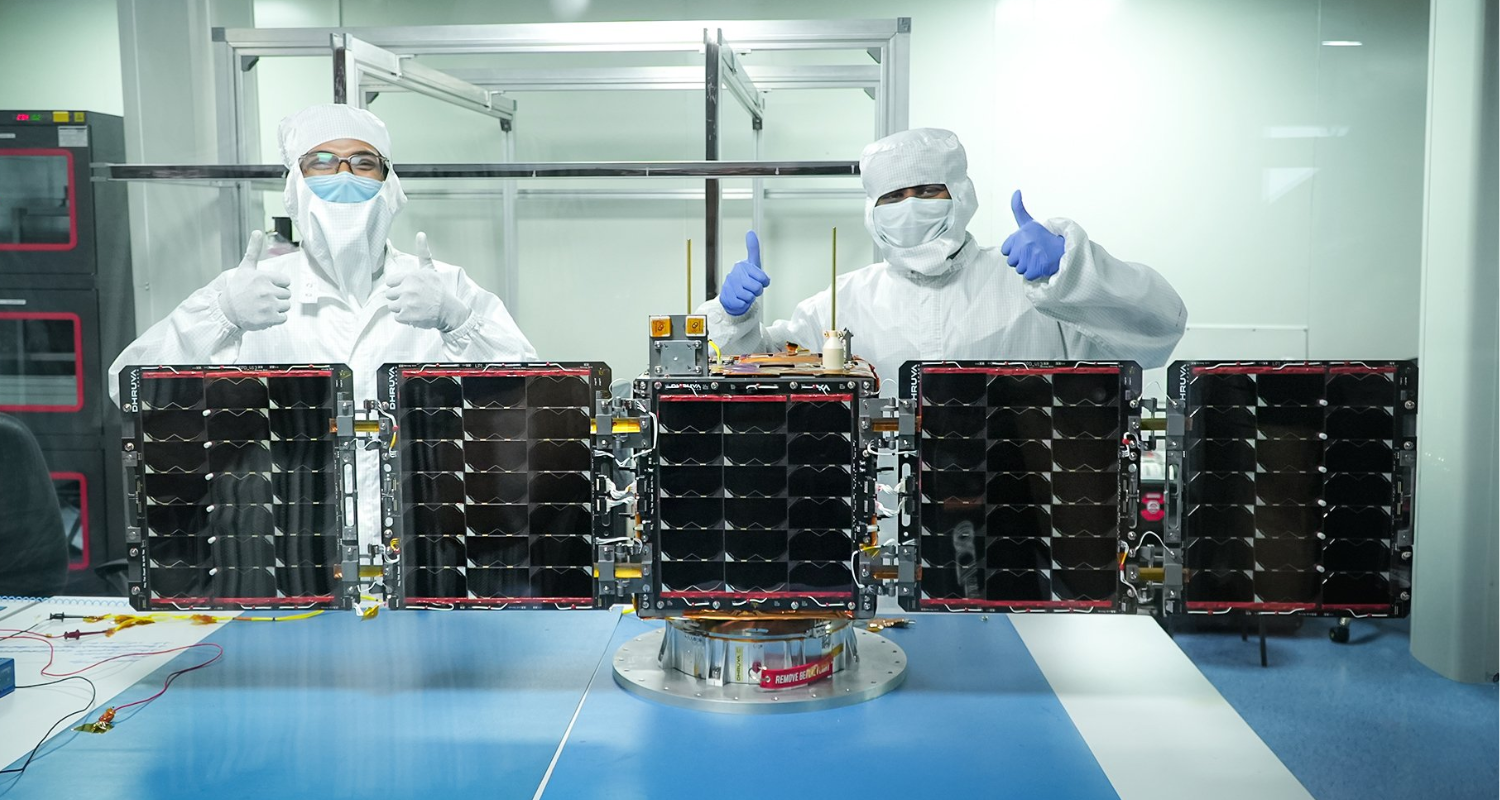Two Indian space start-ups marked a new milestone in the country’s growing private space sector on Wednesday as Pixxel Space and Dhruva Space successfully launched their satellites aboard SpaceX’s Falcon-9 rocket from California’s Vandenberg Space Force Base.
For Bengaluru-based Pixxel, the mission saw the deployment of three “Firefly” hyperspectral satellites, completing the first phase of its planned six-satellite constellation. With this, the company aims to sharpen Earth observation through continuous imaging of the planet.
“All 3 Fireflies successfully deployed,” said Awais Ahmed, founder and CEO of Pixxel, in a post on X, adding that the expansion to six satellites would “transform hyperspectral imaging from isolated snapshots into a continuous planetary memory.”
Pixxel had placed three Fireflies in orbit earlier in January. Its system, once fully operational, is expected to provide high-resolution hyperspectral data that can help detect subtle changes in Earth’s ecosystems, including agriculture, water resources, and climate-linked shifts. Each satellite can capture more than 135 spectral bands at a five-metre resolution across a 40-kilometre swath, positioning it among the most advanced commercial hyperspectral imaging systems in space.
“What was once invisible is now measurable, and what is measurable can finally be changed. For a better world for all to come,” Ahmed added.

Also read: SpaceX's Falcon 9: Rocket powering Shukla’s ride into space
The company is already looking ahead to its next fleet of satellites, called “Honeybees”, which will extend imaging into the short wave infrared (SWIR) band, unlocking new scientific and industrial applications. “While there are multiple other satellites in the works, the upcoming Honeybees are special because they will take us further into the electro-magnetic spectrum, enhancing hyperspectral capabilities and increasing the number of use cases we can target,” said Kshitij Khandelwal, Pixxel’s co-founder and chief technology officer.
Hyderabad-based Dhruva Space, meanwhile, embarked on its first commercial mission with the launch of LEAP-01, a hosted payload satellite carrying technology from two Australian firms, Akula Tech and Esper Satellites.
The LEAP-01 mission marks a significant commercial breakthrough for the company. It includes Akula Tech’s space-ready AI model optimisation technology, which compresses geospatial AI/ML models to run efficiently at the edge in space, thereby cutting costs and boosting efficiency for satellite-based applications.
“Our earlier launches showed what was possible; this one shows what’s next,” Ahmed reflected on Pixxel’s achievement, underscoring the momentum of India’s private space players in developing globally competitive technologies.
The twin launches reflect the growing confidence of Indian start-ups to not only design and build advanced satellites but also attract international collaboration, reinforcing India’s position as a serious player in the evolving commercial space economy.


